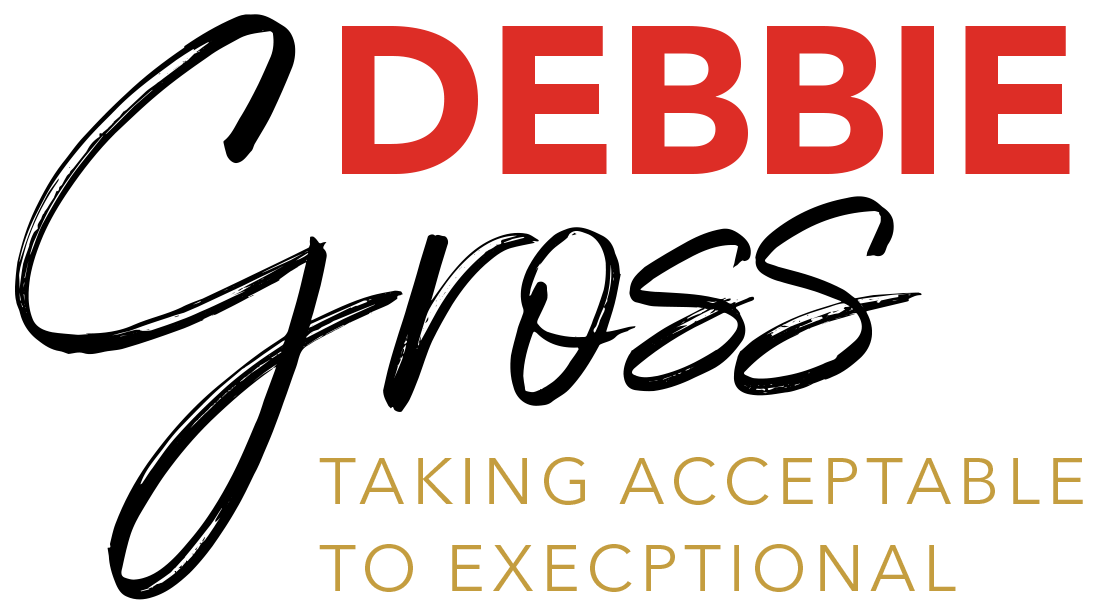If you were to drop a stone into the center of a pond, you would observe the ripples as they spread out in all directions until they eventually reach the shore and fade away.
Every day, each of us creates what I call the "Ripple Effect." The term "effect" refers to the power to produce an outcome, a result, or influence.
As administrative professionals supporting our leaders and organizations, we create Ripple Effects in many ways. Often, we do not even realize the effects our actions have.
Let me share with you a couple of stories to demonstrate how I inadvertently created impactful ripples, leaving a lasting impression on me.
As the executive assistant to Cisco's CEO, John Chambers, my role was demanding. Prioritizing his schedule, projects, and numerous employee requests was a challenge. One day, an employee approached me holding a book written about Cisco featuring John. She asked if I could have John sign it for her father's 70th birthday, as he was a Cisco shareholder and respected John.
I remember feeling overwhelmed with John's workload at the time and did not consider it a priority. I mentioned this, but I took the book and said I would let her know once John got around to signing it. However, I could not guarantee that it would make it in time for her father’s birthday.
I was able to get the book in front of John for signing, and the employee was thrilled that I had made it happen before the birthday celebration.
One year later, the employee whom I had given the book to approached my desk. At first, I was surprised and thought to myself, "What does she want now?" However, she shared with me that when she gave her father the book, he was so happy and beaming. Recently, her father had passed away, but the book had remained by his bedside table, making his last year unforgettable. She thanked me sincerely, and I was overwhelmed with emotion.
I had treated that one day and her request as just another job on my to-do list. I had not realized the Ripple Effect my actions had on her, her father, and her family.
I understand that the role can be stressful, as I have experienced it firsthand. During my early years as an executive assistant, I was tasked with scheduling interviews for a candidate that John was interested in. Coordinating the schedules of our busiest executives was no easy feat. On the day of the candidate's interview, one of the executive assistants informed me that her executive would not be available that day, which caused a major disruption to the schedule. At that time, I was unsure how to fill the gap, and the only solution was having the candidate wait in a conference room with some reading material for an hour, which was far from ideal. I was extremely frustrated by the situation, went to the assistant’s desk, and told her firmly, "You need to fix this right now!"
Later, as I was walking by her desk, I noticed that she was crying. At that moment, I realized how much I must have hurt her with my demanding tone. She was under as much stress as I was. I walked up to her, put my hand on her shoulder, and apologized for my rude behavior. I am sure she shared what I had said to her with her peers, her family, and even others.
In this case, the Ripple Effect was distressing for both her and me, affecting my reputation as well.
The lesson I learned then, and still hold to this day, is that as administrative professionals, we interact with many people for several reasons every day. However, in this busy business world, we rarely consider the Ripple Effects our actions have on others.
Ripple Effects spread everywhere, so my appeal to all of us in this profession is to take time to genuinely think about how our actions affect others and strive for the best possible outcomes.
May your Ripple Effects be far-reaching and always positive!

.jpg?width=50&height=50&name=Simpson_Portraits_Web_3469%20(2).jpg)




Reviews
Write a review